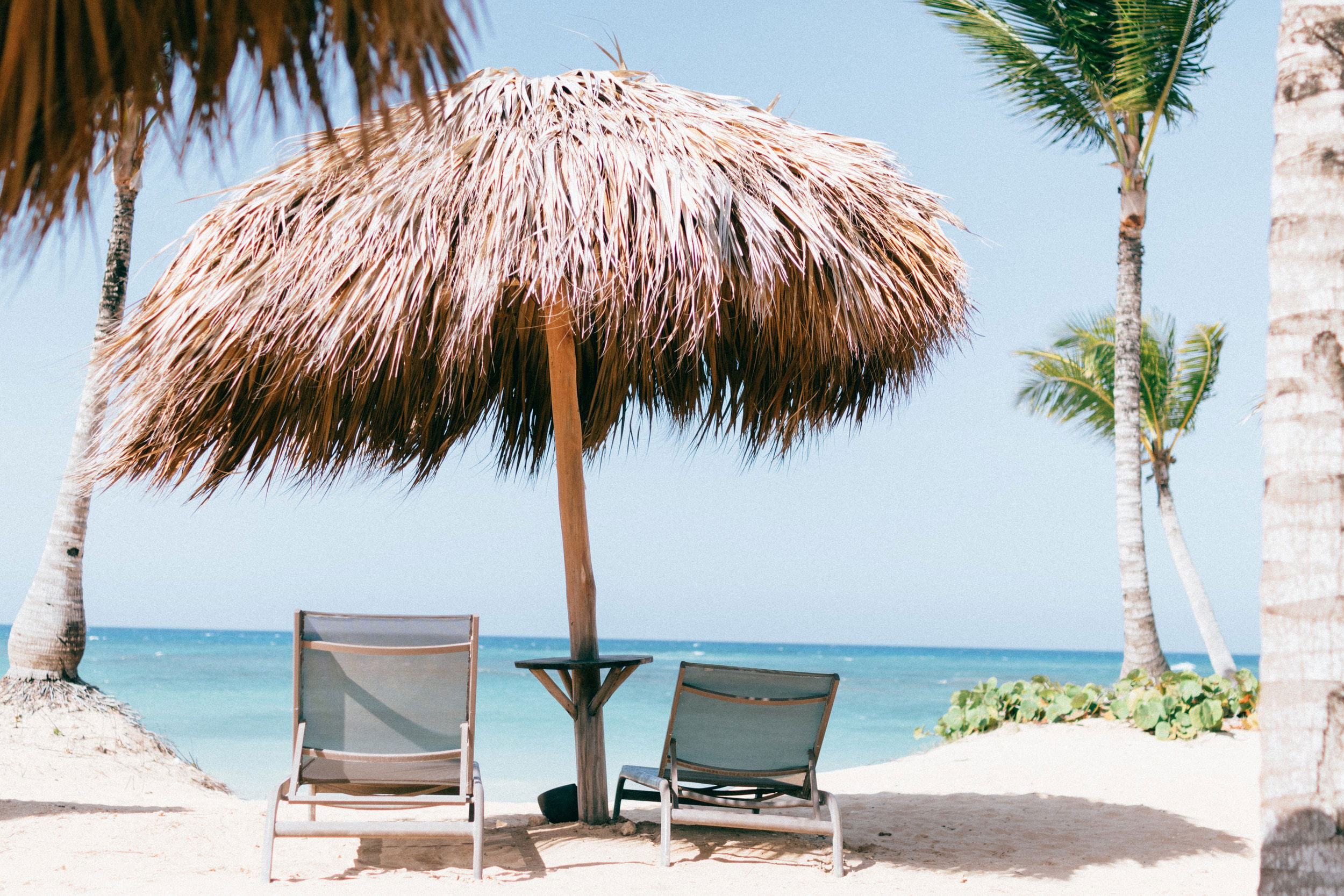Purchasing Property in Costa Rica- Part 2
Welcome back! I hope you are finding these blog posts helpful. Today’s blog post will concentrate mainly on rental properties, which is another common topic that prospective buyers ask us.
Can You Rent Your Costa Rican Property?
Yes, you can own a rental property in Costa Rica, even if you aren’t a resident. As a non-resident property owner you have all the same rights and responsibilities as a national.
Many of our buyers are still in the workforce and have no intention of spending more than a few weeks each year in their Costa Rican property, so their purchase is part of a long-term plan. When this is the case, it can be beneficial to rent the property on platforms such as Booking.com or AirBNB so that the property can pay for itself.

By this, I mean that any rental income can be used to cover the annual operating and maintenance costs so that the buyers aren’t using their own capital.
Costs of Running a Rental Property in Costa Rica
Owning a rental property does come with expenses, such as:
- maintenance,
- landscaping and/or pool maintenance depending on your property
- Utilities
- Cleaning services
- Management services and/or rental services (if you are not doing it yourself)
- Insurance
- Amenities
- Property taxes
- HOA fees if the property is a condo or in a development
Renting your property while you are in another country might seem like a daunting task, but it’s actually pretty easy thanks to a plethora of property and rental management companies that specialize in doing just that.
They will work with you to block out times when you want to use your condo, organize a booking calendar, and ensure that housekeepers get the house ready for renters and cleanup after the renters leave.
Most managers or management companies will charge a 20-25% commission on whatever rental bookings they find for you.
Many of these companies will also run and maintain your property for you, meaning they will perform any maintenance that might be required (or hire someone), deal with any emergency situations (like flooding or plumbing), act as a go-between with local service providers, and ensure that your utility bills are paid. (They won’t, however, deal with paying property or income taxes- that is something you generally hire an accountant for.)
The going rate for the service itself can run anywhere from $100-200 a month. Chris and I offer either (or both) of these services to our real estate clients, so feel free to ask if you have further questions.
Average Income from a Costa Rican Rental Property
The amount of income that you can expect can vary depending on a few key factors.
The main ones are location, type of property, and target market. The average rental property in urban areas like San Jose and Escazu will generate an income of 7.5-8.6 %. Outside of the urban areas rental properties earn an average ROI of between 5-10% with rural properties on the low end of the scale and properties in prime locations on the high end.
Location
Waterfront properties bring in a higher rental rate due to their popularity. The main exception to this will be properties located close to popular tourist destinations, such as La Fortuna or Manuel Antonio.
So, if you are buying property as a means of generating property, the closer you get to either waterfront or a popular tourist destination- the busier your rental unit will be and the higher the rental rates you can charge. Of course you will also pay more for these properties.

**As an important side note- salt water is hard on properties, so expect to pay more for maintenance costs and HOA’s if your property is waterfront!
Type of Property
High end/luxury properties tend to earn higher rental amounts for obvious reasons. This includes properties with modern conveniences, luxurious finishes, good views of the ocean, and special amenities like pools, saunas, extensive outdoor living areas, and direct water access. They will also incur higher expenses and more maintenance.
What is a Finca?
Finca is a term used to describe a property that is classed as rural or agricultural. Buying a finca can come with its own unique set of regulations and restrictions, depending on its proximity to protected land. In general terms, a finca is only really appealing to people who wish to farm or raise livestock.
What is INDER Property?
INDER property refers to property that was donated to farmers by the former Agrarian Development Institute (IDA) a part of an incentive program. These properties are now controlled by the Rural Development Institute (INDER). This organization works to improve the living conditions of the country's poorest residents. INDER properties cannot be sold until the farmer has owned the property for at least 15 years. (portal, 2022) It is best to steer clean of any properties that are categorized as INDER.
Titled Property
Most of the land in Costa Rica has already been titled, which means that someone has been registered as the legal owner. In order to legally own a piece of land, you must own the title.
When a property is purchased, that title transfers from the seller to the buyer. For obvious reasons, it is important to ensure that the seller has the right to sell you the property.
To do this you request a title review from the Central Land Registry through your lawyer.
Make sure you have a completed review that shows the sellers name under the title before you make an offer to purchase.
What is the National Land Registry and How Can it Affect Me?
The National Land Registry was created through Law #70 in 1916.
Its purpose is to keep accurate records of the geography and topography of the country. In terms of landowners and real estate, the registry is used as a means of keeping track of who owns what.
It can be used to help settle land and real estate disputes and guarantee rights related to properties. By properly registering your property ownership, you ensure your legal claim to the property.
Title Review
As I mentioned above, a title review is part of the due diligence which should be done before any offer is made on a property.
The Title Review is completed by the National Land Registry.
It will allow you to verify that the seller has ownership of the property, and can therefore legally sell it to you, but it will also provide you with other useful pieces of information such as:
- The nature of the property including if it is part of the Maritime Zone, is agrarian property (agricultural), or is located on protected lands.
- Property dimensions and measurements- a description of the area and its size (m2).
- Property boundaries- the property line and who owns the neighbouring properties.
- Location-the first registered location, this will help ensure that you know exactly where the property is located which is important for rural properties that are harder to find.
- Fiscal Value- the registered value of the property. Check the date on this before you use it as a reference, they are usually outdated.
- Land Background- a brief list of the property’s history (watch for things that might have polluted the ground water)
- Liens- this will show embargoes due to legal proceedings, as well as outstanding mortgages or taxes. Liens must be cleared before the property can be transferred!Owner- this shows the current owner of the property, whether it is an individual, corporation, or trust.
- Annotation- this is important- a breakdown of any current issues that you need to be aware of. It includes lawsuits and legal disputes, encumbrances, easements, and ongoing changes to the property all of which can impede your ability to purchase and/or potentially cost you money.
Title Transfer Costs
Transferring the title will cost around 1.5% of the value of the home, and the transfer tax is 3-4%.
Title Insurance
Title Insurance isn’t something that most locals invest in, however, as a non-resident property owner, it can be useful.
Title insurance provides protection against issues with the title or ownership of your property. Hopefully any of these issues will show up during the title review and you can avoid them, but this provides a little extra safety net against things that you may have inherited from the previous owner.
Such as:
- incorrect land surveys,
- renovations that were not done to code,
- unpaid taxes or liens,
- the incorrect registration of your land title.
Okay, so that’s probably enough to be getting on with today. It’s a lot to take in, I know.
The good news is that you can easily rent your new tropical property when you aren’t using it, and you can use that money to pay for the annual costs associated with owning property in Costa Rica so that you don’t have to dig into your savings or your wages.
If, however, you decide not to rent your property then you can be happy knowing that things like property taxes are MUCH lower in Costa Rica than in North America.
Next time we will talk about topics like escrow accounts, power of attorney, property inspections, financing, and more.
Until then, Pura Vida!
